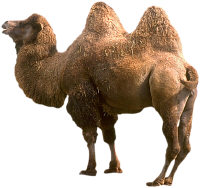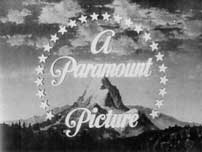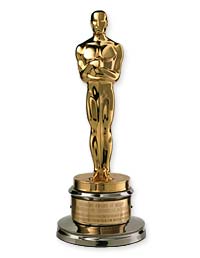Home
Actor/Spectator Home
Aristophanes' The Birds
Charlie Chaplin in The Immigrant
Menander's Perikeiromene
Frank Capra's It Happened One Night
Plautus'
Poenulus (Towelheads)
Bob Hope & Bing Crosby in
Road to Morocco
Conclusion
Photo Credits
|
Bob Hope & Bing Crosby in
Road to Morocco |
|
| |
Road to Morocco portrayed the best actor/spectator interaction thus far. There were many times throughout the film that the actors 'stopped' the show to state something to the audience about the movie or themselves that was not actually part of the plot. |
 |
For instance, as they are riding on the camel, they are singing. Partway through the first song they start singing about Paramount and their contracts with Paramount. Obviously this does not really have anything to do with going to Morocco. Also, they sing about Dorothy Lamour. She was the lead female role for Road to Morocco, and all other 'Road' movies. They also sing about the Webster Dictionary. |
| In addition, they also make reference to the audience with this dialog: Turkey Jackson: A fine thing. First, you sell me for two hundred bucks. Then I'm gonna marry the Princess; then you cut in on me. Then we're carried off by a desert sheik. Now, we're gonna have our heads chopped off.
Jeff Peters : I know all that.
Turkey Jackson: Yeah, but the people who came in the middle of the picture don't.
Jeff Peters: You mean they missed my song? |

|

|
Halfway through the movie, Hope also brings up Uncle Tom's Cabin, which was a political book about slavery from the 1850's. At the end of the movie, when the four actors are floating, Hope makes a big dramatic monologue about the events, particularly the powder room, and then Crosby starts talking over him. Hope makes sure to point out to the audience that this could have been his big scene; he could have won the academy award. |
We noticed some improvisation with the camel, especially when he spits on Hope. I feel that improvisation helps bring the audience into the movie because it is not planned, it just happens and that is what you get. We also noticed some role playing. Role playing brings the audience in because then the actors are not still playing who they are supposed to be, and they play people that the audience can connect with, i.e. when Hope plays the mentally challenged man. |
Throughout the movie, Hope and Crosby bring up a lot of issues that have happened over the years and in their lives. In a scene with the princess, Bob Hope starts talking about prohibition. This is another way to connect with the audience and bring real life into the movie. |
|

